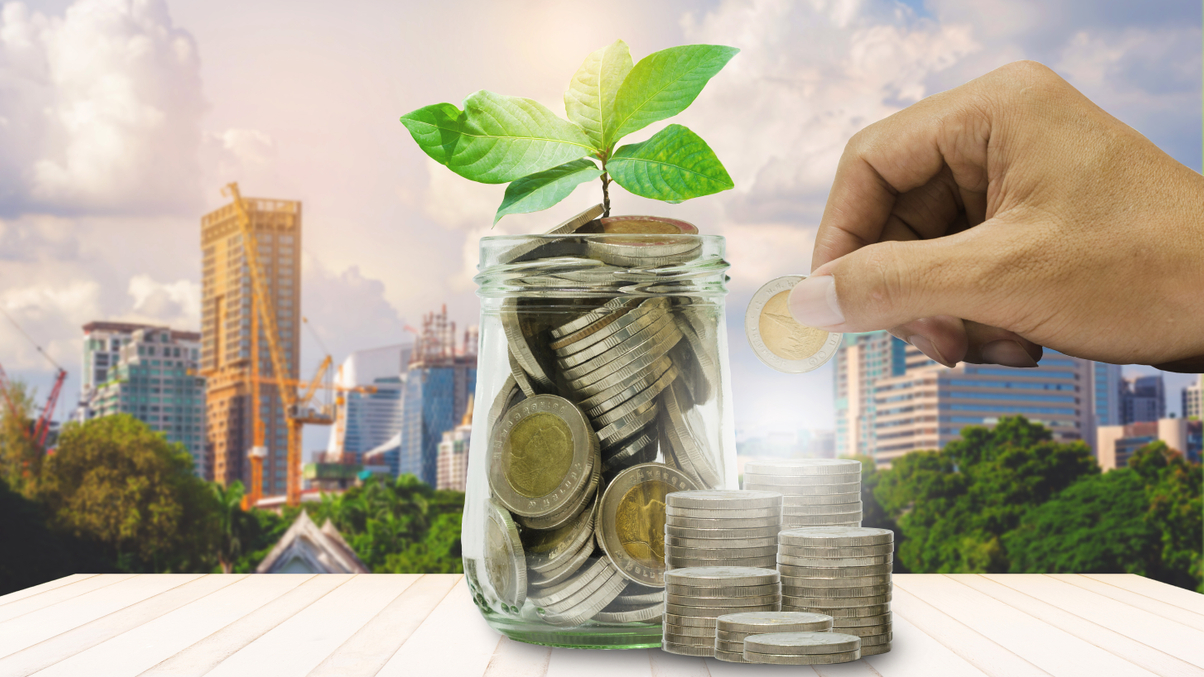Balancing ESG and returns in a property portfolio
Superannuation fund Cbus and Singapore property firm City Developments Limited (CDL) discuss how to ensure minimum sustainability standards for real estate.

As environmental, social and governance (ESG) becomes a mainstream focus for investors, property owners can integrate sustainability while balancing returns from their real estate portfolio, a top executive from Cbus said.
Sign in to read on!
Registered users get 2 free articles in 30 days.
Subscribers have full unlimited access to AsianInvestor
Not signed up? New users get 2 free articles per month, plus a 7-day unlimited free trial.
¬ Haymarket Media Limited. All rights reserved.


